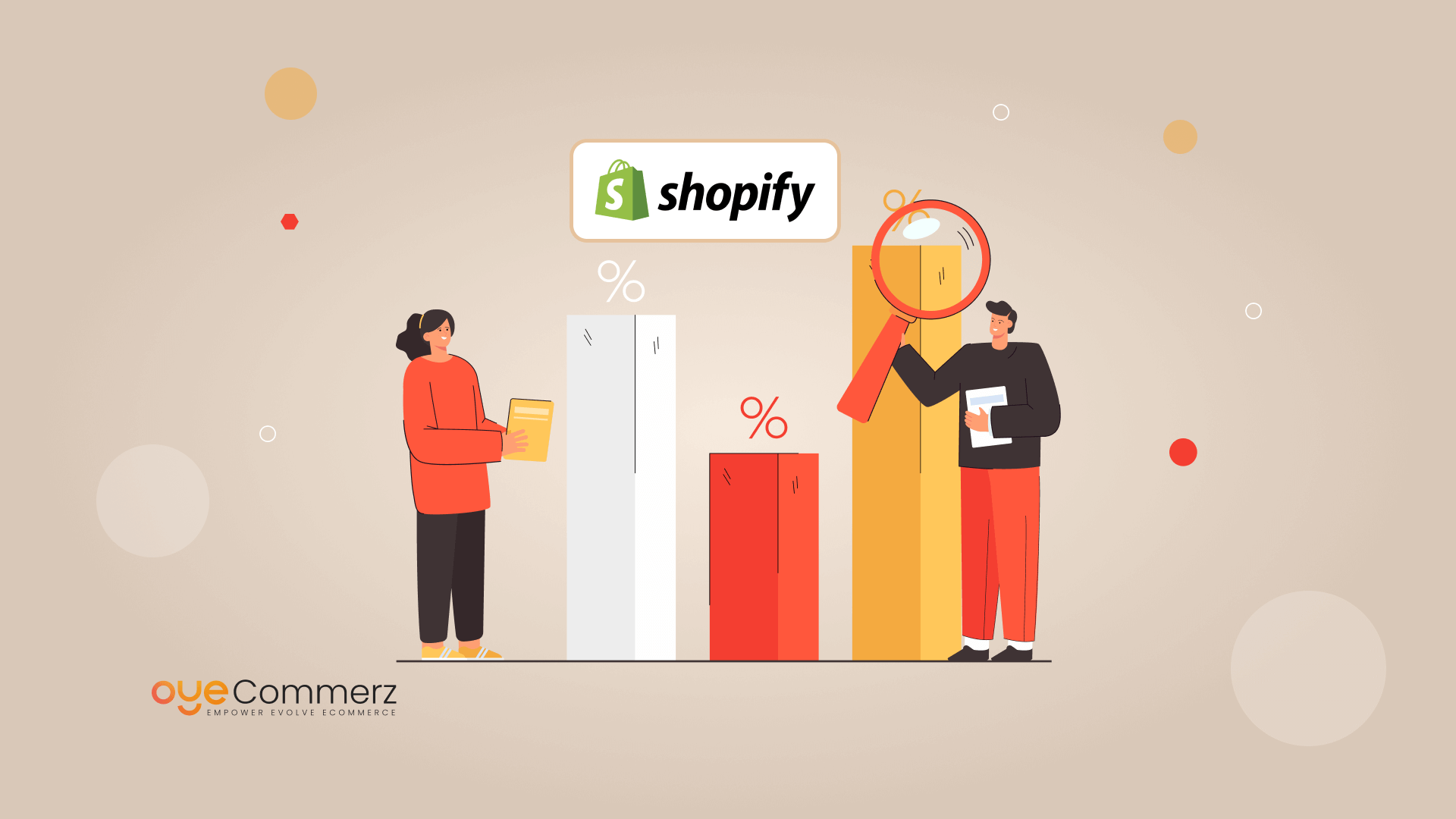Overview
In today’s competitive e-commerce environment, standing out is paramount, and one of the best ways to set apart a Shopify store is through custom app development. A well-built Shopify app can enhance store functionality, simplify processes, and elevate customer interaction. This guide explores essential elements of Shopify app development, from API integration to growth techniques and digital marketing approaches, providing a roadmap for businesses seeking superior store efficiency.
Why Shopify API Integration Matters
Shopify’s API provides powerful tools to customize and expand store capabilities. With the GraphQL and REST API options, developers can retrieve information to create apps that manage inventory control, order handling, and customer information management seamlessly. Using Shopify’s API can enable improved workflow automation and allows stores to serve customers more efficiently.
Adopting the Polaris Design System
Shopify’s Polaris is Shopify's design system for designing intuitive and accessible Shopify apps. By adhering to Polaris principles, developers guarantee that apps seamlessly integrate within the Shopify Admin experience. This ensures a cohesive look and feel that appeals to Shopify merchants, promoting ease of use and comfort for merchants using your custom app.
Navigating the Shopify App Ecosystem
The Shopify app ecosystem provides numerous opportunities for enhancing online stores. From handling order fulfillment to increasing customer engagement, apps in this environment are designed to meet various business needs. Familiarizing with this system assists developers in identifying unique app opportunities and enables seamless integration of third-party services that enhance the store.
Developing Embedded Shopify Apps
Embedded apps integrate directly within the Shopify Admin, providing a smooth interface for merchants. They ensure that merchants do not need to navigate away from their Shopify dashboard, simplifying their process. Using Shopify App Bridge and Creating dynamic Shopify experiences embedded app features is recommended for providing a cohesive, integrated user experience.
Using Node.js and React for Shopify Apps
The technologies Node.js and React have emerged as ideal tools for Shopify app creation. Node.js enables efficient server-side applications, while React enables dynamic, responsive front-end user interfaces. Together, they offer an excellent framework for building fast, scalable Shopify apps that enhance store performance and customer interaction.
Webhooks in Shopify Apps
Webhooks allow real-time data synchronization between Shopify and an external app. They initiate events such as new orders or stock changes and provide immediate notifications to your app. By implementing webhooks, apps can provide up-to-date insights for store owners, streamlining workflows and increasing productivity.
Customer Engagement and Digital Marketing for Shopify Apps
To ensure Shopify app success, engaging customers is crucial. Utilizing online marketing techniques like SEO, email marketing, and social media campaigns can increase app usage. Additionally, creating applications with customer engagement in mind (e.g., loyalty programs or personalized suggestions) increases user retention and satisfaction.
Making Your Shopify App Scalable
As e-commerce businesses grow, so do their technology requirements. Making sure that your app can scale to handle increased traffic, larger databases, and more advanced functionalities is essential. By optimizing server capacity and using scalable solutions, you can create apps that grow in tandem with a store’s growth.
Important Features and Maintenance Tips for Shopify Apps
For an app to be effective, it should offer key capabilities like user authentication, analytics dashboard, and support channels. Regular app upkeep, with updates to fix bugs and ensuring compatibility with new Shopify features, is vital to maintain continuous operation and avoid interruptions to merchant workflows.
Conclusion
Custom Shopify app development offers immense opportunities for e-commerce stores, offering the chance to improve performance, streamline processes, and build customer relationships. With API integrations and Node.js to ensuring scalability and customer interaction, creating a Shopify app requires careful planning and strategic execution. If you’re prepared to elevate your e-commerce experience, a custom Shopify app could be Shopify API integration the ideal solution. What capabilities do you envision for your dream application? Share your thoughts and begin the journey to an optimized e-commerce experience!

Comments on “Enhance Your Online Store: Custom Shopify App Development to Boost Performance”